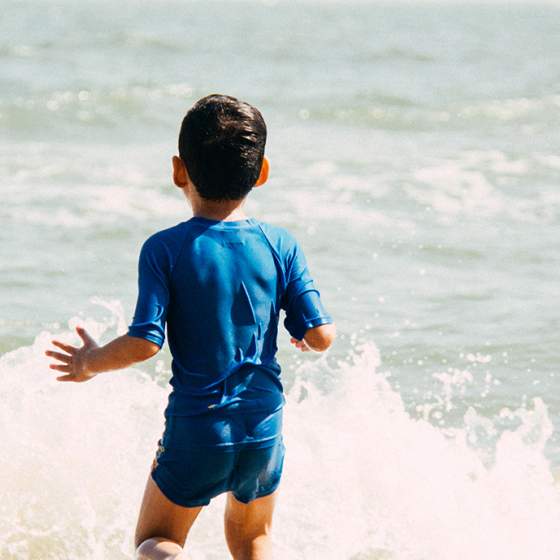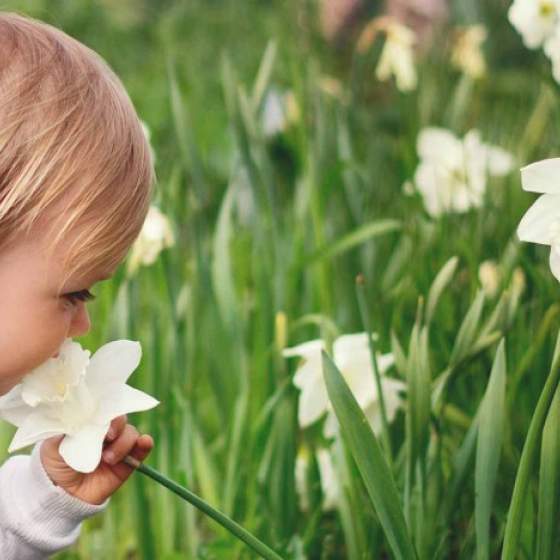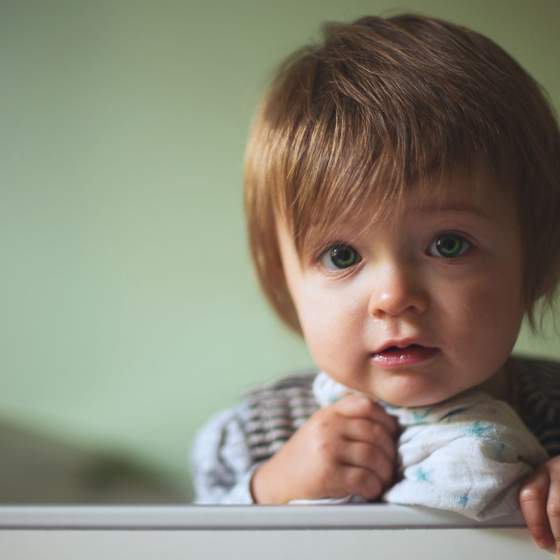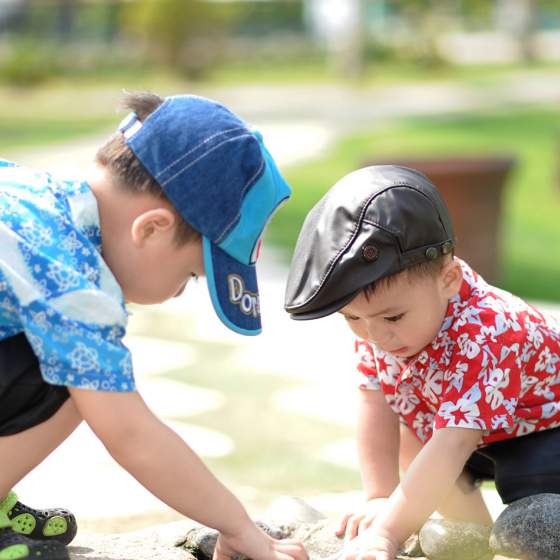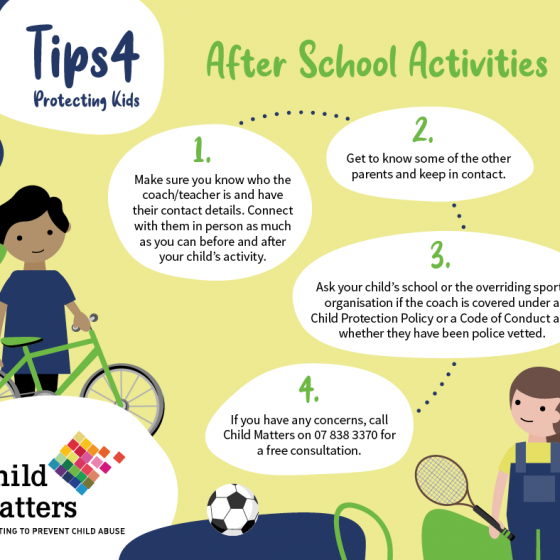Our purpose is to work to effect change to prevent abuse and neglect.
Achieving this goal requires all adults to take responsibility for identifying, reporting and ultimately stopping all forms of child abuse. Therefore, awareness of child abuse in its many facets and recognising the signs of abuse is the first step to identifying and taking action. Equally, understanding how to handle a disclosure and where to turn to for help is just as important.
The impact of COVID on our community
As New Zealand welcomes in 2022 and we feel the uplift of a New Year, it is difficult to ignore the cloud of uncertainty surrounding COVID-19 and what it means for not only our health system and economy, but also our community and general family wellbeing.
Combined with the existing everyday stresses for families, the impact and changes that COVID-19 has had on our society through social isolation, lockdowns, business closures and impact on jobs, as well as economic uncertainty, can create high levels of tension and fear for adults. Unfortunately, these factors increase the risk of violence against children and youth.
Although we are yet to fully understand the effect these COVID-19 stresses have bought to families, we do know that New Zealand has horrific child abuse statistics regardless. The sad truth is that New Zealand is not a big country, yet we are unable to effectively protect our most vulnerable tamariki.
Last year, nine children were killed allegedly at the hands of a caregiver or family – or one child every five weeks – and unfortunately these appalling figures are already worsening just two weeks into the start of the year. During the first few weeks of 2022, there have already been three very serious alleged child abuse cases.
These worsening child abuse figures continue to prove that New Zealand is not making any progress in protecting its children and young people. There has been a lot of conversation and reviews regarding the current systems and agencies that New Zealand has to deal with child abuse – but as yet there is has been no real change implemented and children are still dying or being harmed.
It is important to understand that these issues will never change unless we change the way we are responding – unless we get serious with frontline community support, resourcing, and training, otherwise our children and young people will continue to be harmed.
Mandatory child protection training for professionals (particularly teachers and health professionals), increasing resourcing to train community and frontline organisations who work with at risk families, and vetting for anyone working with children in either a paid or voluntary capacity are obvious first steps.
In saying that, we all have a role to play. Whether it be by ensuring we know what to do if we have concerns about the welfare of a child, being vigilant regarding child safety in our work and personal capacity, being willing to speak up when there is a safety concern or holding our politicians and community leaders to account on these issues.
As New Zealand’s national child abuse Charitable Trust, Child Matters continues to advocate for children and be dedicated to the prevention of child abuse.
Share this page:
Facebook
LinkedIn
Pinterest


